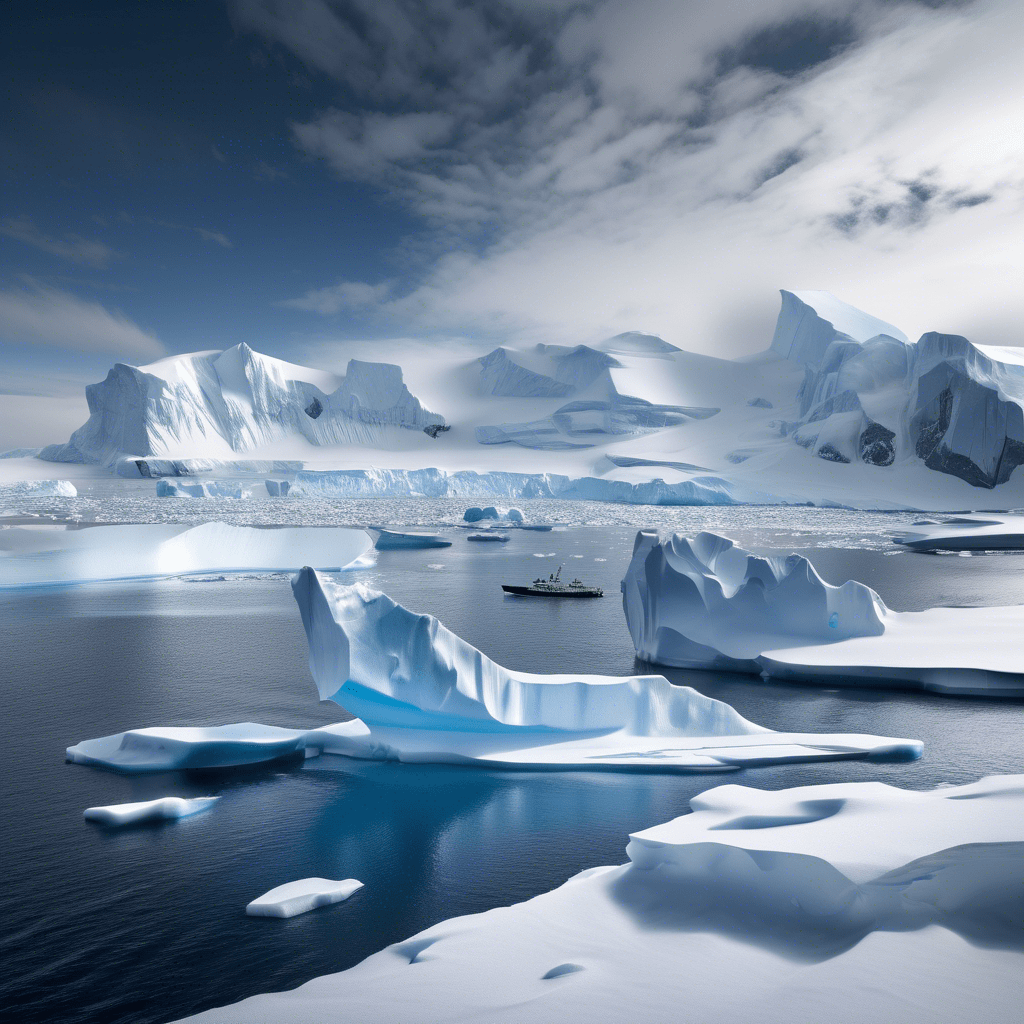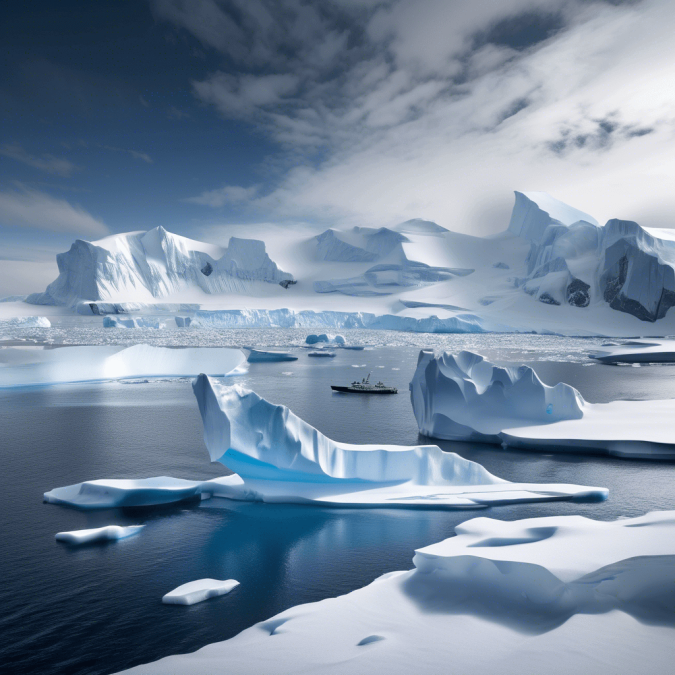
Antarctica, the icy continent located at the southernmost part of the Earth, has long been a mystery to mankind. The discovery of Antarctica was a pivotal moment in history, as it not only changed our understanding of the world but also had a significant impact on the lives of people and the course of history.
The history of Antarctica dates back to ancient times when it was believed to be a mythical land at the end of the Earth. However, it wasn’t until the 19th century that the continent was officially discovered. In 1820, a Russian expedition led by Fabian Gottlieb von Bellingshausen and Mikhail Lazarev became the first to sight the icy shores of Antarctica. This marked the beginning of a new chapter in exploration and discovery.
Over the years, explorers from Europe, the Middle East, Asia, Africa, and beyond ventured to Antarctica in search of knowledge and adventure. They faced numerous challenges, from treacherous seas and harsh weather conditions to limited supplies and isolation. Despite these obstacles, they persevered in their quest to uncover the mysteries of the frozen continent.
The discovery of Antarctica had a profound impact on the lives of people around the world. It sparked a wave of scientific research and exploration that continues to this day. Scientists and researchers flocked to Antarctica to study its unique ecosystem, geology, and climate. Their findings have significantly contributed to our understanding of the planet and its delicate balance.
The discovery of Antarctica also had political implications, as various countries sought to claim parts of the continent for themselves. This led to the signing of the Antarctic Treaty in 1959, which established Antarctica as a peaceful and cooperative international scientific preserve. The treaty has since been signed by over 50 countries and has played a crucial role in protecting Antarctica’s fragile environment.
In addition to its scientific and political significance, the discovery of Antarctica has had a profound impact on the history of the world. It has shed light on the interconnectedness of all living beings, from humans to animals. The continent’s harsh conditions have forced us to reevaluate our relationship with the natural world and the importance of conservation and sustainability.
The discovery of Antarctica has also paved the way for new innovations and advancements in technology. From cutting-edge research facilities to state-of-the-art equipment, Antarctica has become a hotbed of scientific innovation. This has not only helped us better understand the world around us but has also improved our quality of life and our ability to adapt to changing environments.
In conclusion, the discovery of Antarctica has forever changed the course of history. It has opened our eyes to the wonders of the natural world and the importance of preserving it for future generations. Antarctica serves as a reminder of the power of exploration, curiosity, and collaboration. As we continue to study and protect this pristine continent, we are reminded of our shared responsibility to care for our planet and all its inhabitants.
